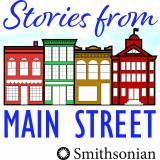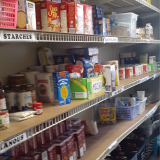Mr. Wilbur Cobbs: School and Work in South Carolina
Story Narrative:
Meet Mr. Wilbur Cobbs. At 92, he's one of the oldest citizens in the town of St. George, South Carolina. Ever since he was young, he has helped his family of sharecroppers on the farm.
Media Files:
-
Hear from Wilbur Cobbs.



